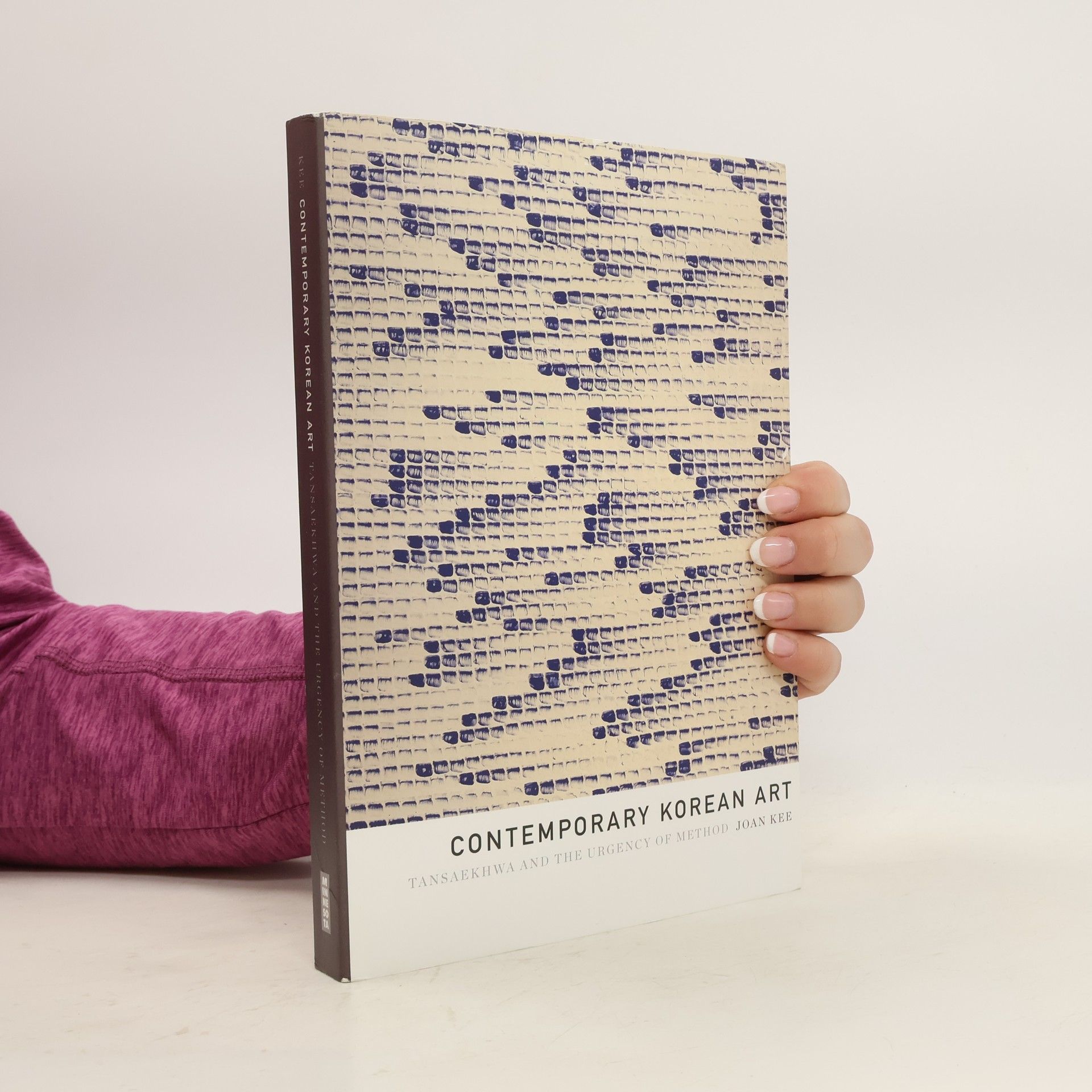A groundbreaking method for writing art history, using the language of geometry. How do we embark on a history of art from the assumption of a global majority, outside of essentializing categories like race or hollow proclamations of solidarity? With this book, Joan Kee presents a framework for understanding the rich and surprisingly understudied relationship between Black and Asian artists and the worlds they initiate through their work. The Geometries of Afro Asia breaks down this relationship and chronology into points, angles, and trajectories. Spanning North America, Europe, Asia, and Africa, Kee looks at the relationships that formed between Black and Asian artists at critical historical junctures—from civil rights struggles in the United States and the development of South Korea amid US military occupation in the 1960s and 1970s to debates over multiculturalism and critiques of globalization in the 1990s and 2010s. Through geometry, a language of magnitudes and alignments, Kee opens up new ways of seeing how artworks shape our lives and politics by getting us to commit some of our most valuable resources—time and attention—to one another.
Joan Kee Libri


Contemporary Korean Art
- 384pagine
- 14 ore di lettura
A crucial artistic movement of twentieth-century Korea, Tansaekhwa (monochromatic painting) also became one of its most famous and successful. In this full-color, richly illustrated account--the first of its kind in English--Joan Kee provides a fresh interpretation of the movement's emergence and meaning that sheds new light on the history of abstraction, twentieth-century Asian art, and contemporary art in general.